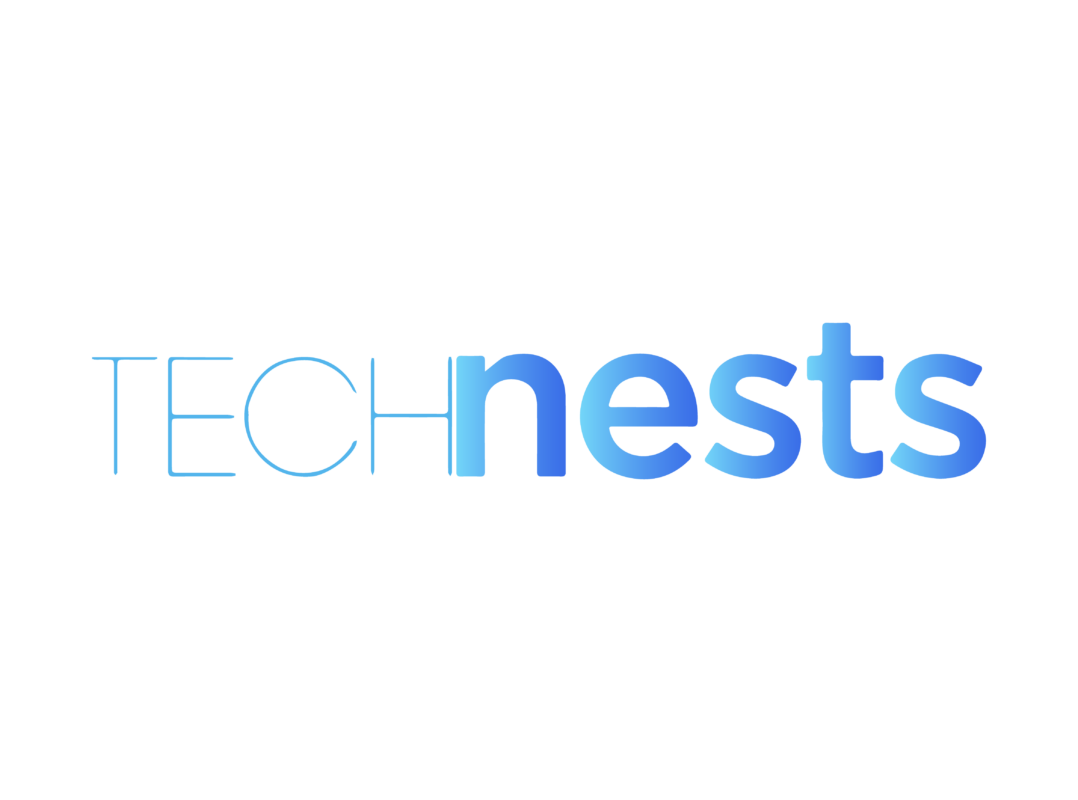Uncategorized
Why Solar Energy is Important for a Sustainable Future
Introduction
In an era where pollution levels are skyrocketing, fuel prices are soaring, and fossil fuel reserves are depleting rapidly, it has become imperative for us to explore alternative energy sources. As the world grapples with these pressing issues, it’s crucial to understand the significance of solar energy in shaping our future. In this article, we will delve into the environmental impact of solar energy, explore its benefits in terms of job creation and power reliability, highlight the financial advantages, and emphasize how easy it is for individuals to harness solar energy through solar panels.
Less Pollution: A Cleaner & Greener Environment
One of the most compelling reasons why solar energy holds immense importance for the future is its potential to significantly reduce pollution levels. Fossil fuel combustion, which is extensively used in our daily activities, releases toxic emissions such as nitrogen oxide, carbon monoxide, carbon dioxide, and sulfur dioxide. These emissions contribute to global warming, air pollution, and numerous health hazards.
Solar energy, on the other hand, presents a clean and green alternative. By harnessing the power of the sun through solar panels, we can generate electricity without emitting harmful pollutants. This transition to renewable energy sources helps minimize our carbon footprint, safeguarding the environment and creating a healthier and sustainable world for future generations.
More Jobs: Empowering the Workforce
The solar sector is experiencing a remarkable boom, driven by increasing awareness and adoption of solar panels among residential, commercial, and industrial sectors. As this industry continues to expand, it will create a surge in job opportunities. Skilled laborers, employees, service engineers, and marketing professionals will be in high demand, driving economic growth and securing the future of the workforce.
By emphasizing the importance of solar energy, we can encourage individuals to explore careers in this thriving sector. Additionally, the growth of solar energy promotes innovation and technological advancements, leading to a wide range of employment prospects in research, development, and manufacturing of solar technologies.
No More Power Outages: Reliable and Independent Energy
Traditional energy sources often fail to provide electricity in remote areas, leaving communities isolated and dependent on limited power resources. However, solar energy offers a viable solution to this predicament. By harnessing sunlight, solar panels can generate electricity even in the most remote locations, empowering communities and enhancing their quality of life.
Furthermore, the increasing adoption of solar power reduces our reliance on fossil fuels and the accompanying power outages. As solar energy becomes more prevalent, the demand for electricity from conventional sources diminishes, resulting in a more stable and reliable power grid.
Solar Saves Money: A Financially Sound Choice
Investing in solar energy not only benefits the environment but also proves advantageous for our pockets. The solar sector has emerged as a lucrative industry with considerable potential for investors. Companies like UTL Solar have established themselves as industry leaders, providing reliable and cost-effective solar solutions.
When you install solar panels, you make a one-time investment that pays off in the long run. After covering the initial investment cost, you can enjoy virtually free electricity for the entire lifespan of the solar panels, which typically ranges around 25 years. This translates to significant savings on energy bills, making solar energy an economically sound choice for both individuals and businesses.
Easy to Use: Harnessing Solar Energy with Solar Panels
Harnessing solar energy has become increasingly convenient for individuals with the advent of solar panels. These panels are designed to efficiently convert sunlight into electricity, allowing homeowners and businesses to generate their own clean energy. The installation process is straightforward, and with the guidance of professionals, it can be seamlessly integrated into existing infrastructure.
Once the solar panels are in place, they require minimal maintenance and provide a hassle-free solution for meeting energy needs. Many solar panel systems also come with smart monitoring technology, enabling users to track energy production and optimize their usage patterns.
Moreover, governments and organizations worldwide are offering incentives and subsidies to promote the adoption of solar energy, making it even more accessible and affordable for individuals.
Conclusion
Solar energy stands as a beacon of hope for a sustainable and prosperous future. By embracing solar power technology, we can address the pressing issues of pollution, job scarcity, unreliable power supply, and financial burdens. Through widespread adoption of solar panels and continued investment in renewable energy infrastructure, we pave the way for a cleaner, greener, and more resilient world.
Remember, the future is in our hands, and by prioritizing solar energy, we can create a positive impact that transcends generations.




